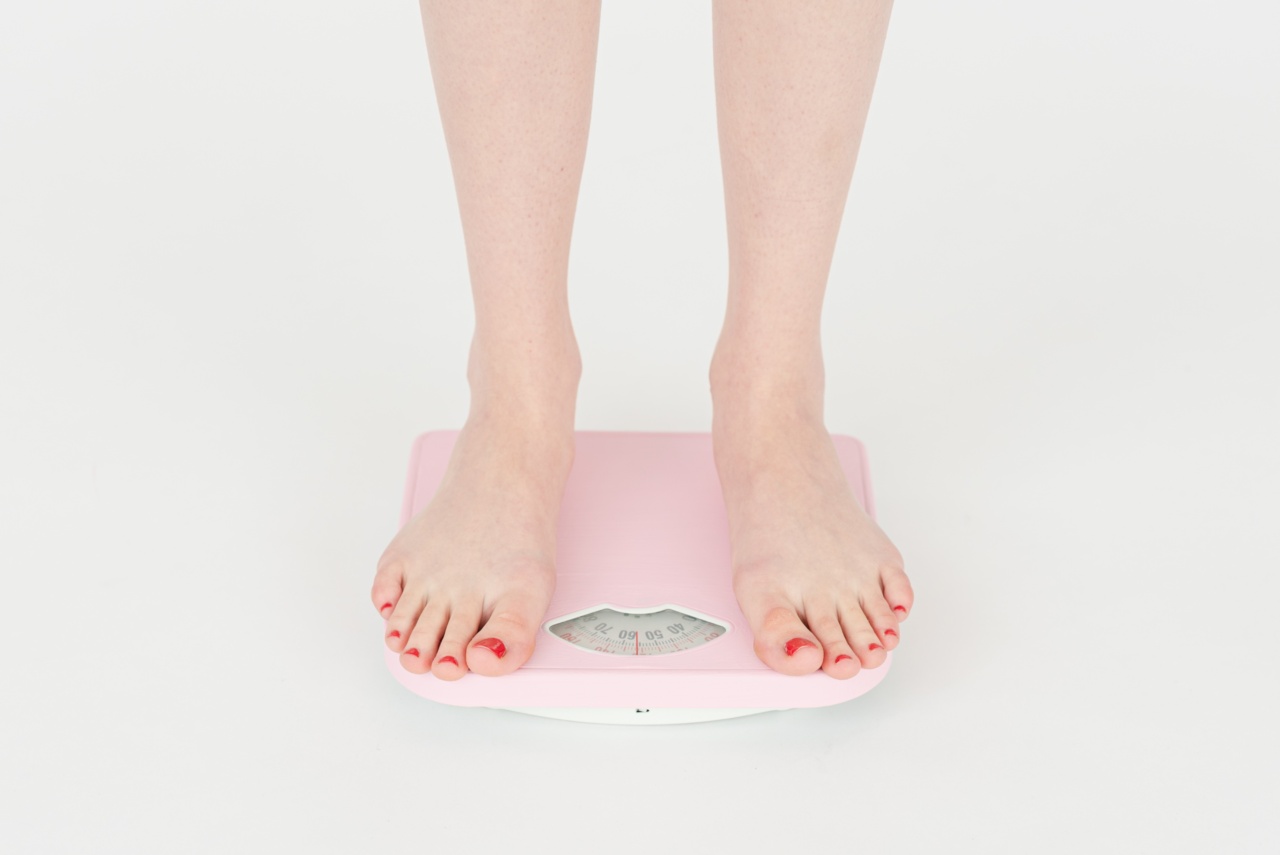High blood pressure, also known as hypertension, is a common health problem that affects millions of people worldwide.
It occurs when the blood pressure in the arteries is consistently higher than normal, potentially leading to serious health conditions like stroke, heart disease, and kidney failure. Luckily, managing high blood pressure is achievable with a few lifestyle changes, including incorporating more potassium-rich foods into your diet. This article discusses the importance of potassium in high blood pressure control.
What is Potassium?
Potassium is a mineral that plays a crucial role in the functioning of the human body. It is an electrolyte that helps regulate fluid balance, muscle contraction, and nerve signaling.
Potassium also helps maintain steady blood pressure by counteracting the effects of sodium which can cause electrolyte imbalance, leading to high blood pressure. The body requires a steady supply of potassium, and it must be taken in through the diet as it cannot be produced by the body.
Potassium and High Blood Pressure Control
Various scientific studies show that there is a relationship between potassium and blood pressure control. Diets rich in potassium have been associated with lower blood pressure, especially in individuals with hypertension.
Additionally, studies have determined that supplementing potassium in your diet may aid in the prevention of hypertension and improve cardiovascular health.
The Recommended Daily Intake of Potassium
The daily recommended potassium intake is different for individuals depending on their age, gender, and other factors. However, the average recommended intake for adults is around 4700 mg per day.
Most people do not consume enough potassium-rich foods, especially those who consume highly processed foods. It is crucial to ensure that you consume enough potassium-rich foods to keep your blood pressure levels in check.
Foods that are High in Potassium
There are many foods that are rich in potassium. These include:.
- Bananas
- Avocado
- Spinach
- Sweet potatoes
- Tomatoes
- Oranges
- Cantaloupe melon
- Broccoli
- Beans
- Salmon
You should make a conscious effort to incorporate these potassium-rich foods in your diet and avoid processed foods that may have high sodium levels- which can cause an electrolyte imbalance.
The Potassium and Sodium Relationship
High levels of sodium, often found in processed foods, can raise blood pressure levels by inducing an electrolyte imbalance. Potassium neutralizes the effects of excess sodium in the body, which helps maintain healthy blood pressure levels.
A diet that contains adequate amounts of potassium can prevent this electrolyte imbalance, keeping blood pressure levels under control.
Other lifestyle Changes to Control High Blood Pressure
Aside from incorporating potassium, there are other steps one could take to reduce the risk of developing or managing hypertension. These include:.
- Maintaining a healthy weight
- Reducing salt intake
- Exercising for at least thirty minutes a day
- Limiting alcohol consumption
- Quitting smoking
When to See a Doctor
High blood pressure is known to be a silent killer, and it can go unnoticed for years before causing significant health problems. It is best to get your blood pressure checked regularly, particularly if you are at risk of developing high blood pressure.
If you do have high blood pressure, it is crucial to follow your doctor’s guidelines and incorporate lifestyle changes to maintain healthy blood pressure levels.
In Conclusion
High blood pressure can lead to severe health issues, but it is a preventable and manageable condition.
Potassium is a mineral that is essential in keeping blood pressure levels at a healthy range by neutralizing the effects of sodium, which causes electrolyte imbalance. It is crucial to incorporate potassium-rich foods in your diet and make healthy lifestyle choices to manage blood pressure successfully.
As always, consult your doctor before making any significant lifestyle changes or starting any new exercise regimen.





























